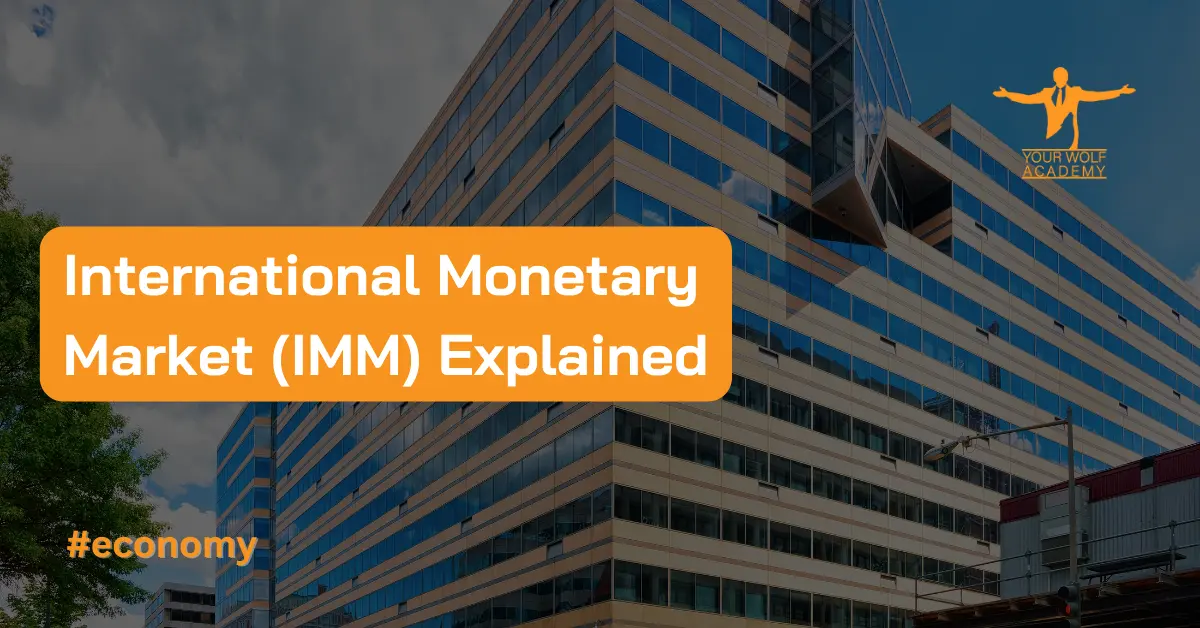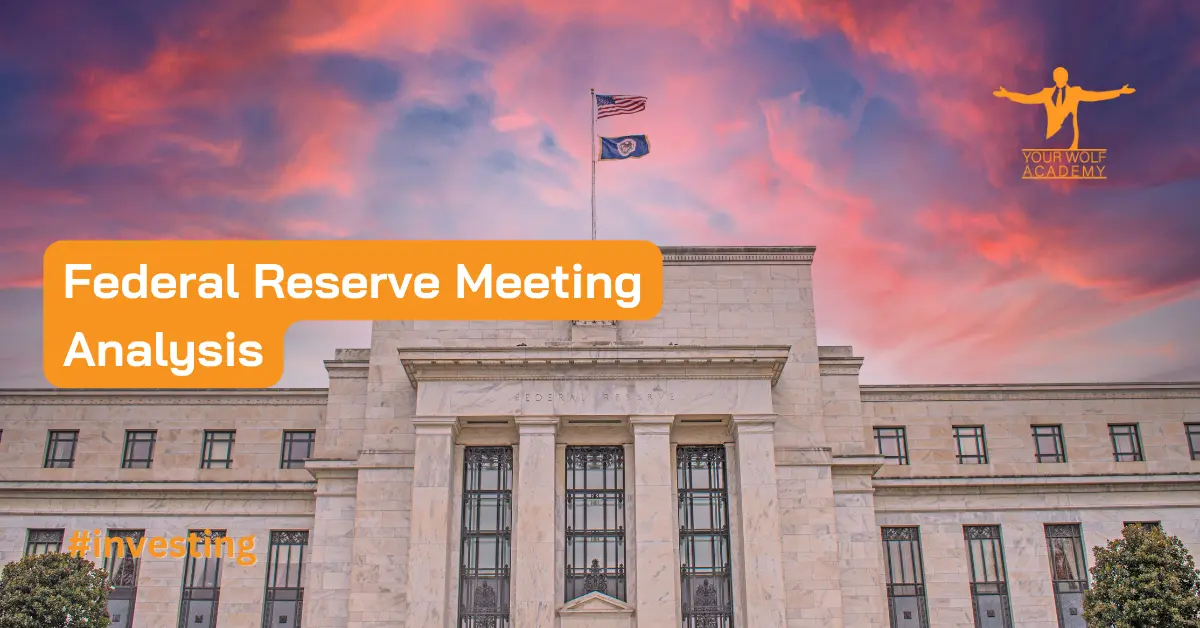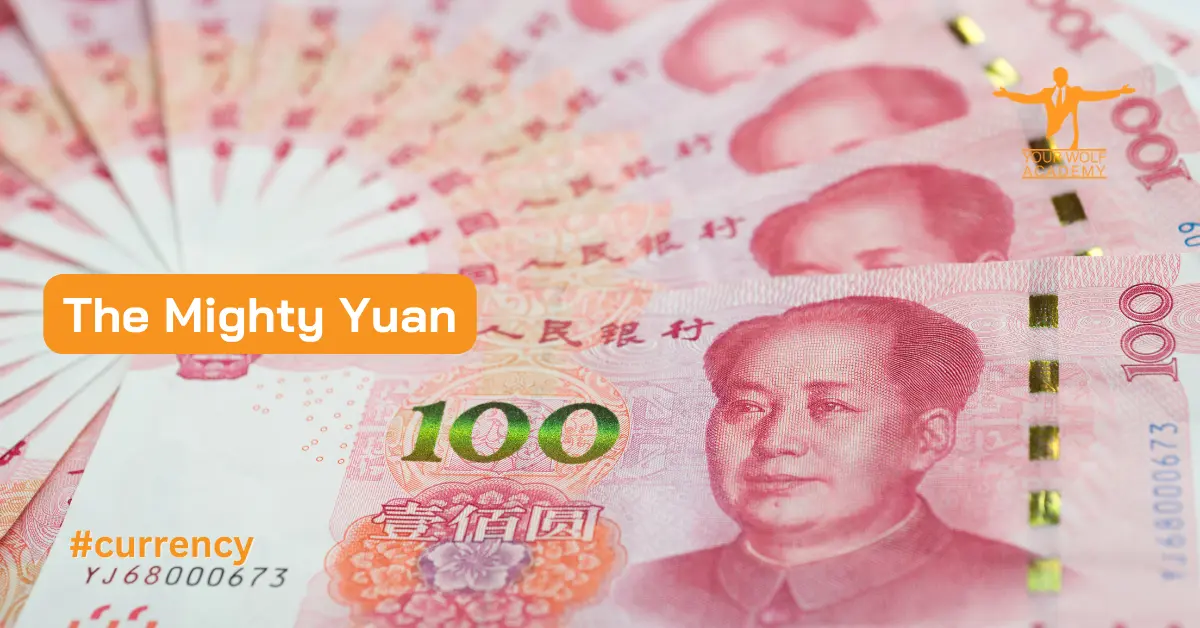The International Monetary Market (IMM) is one of the most important financial institutions in the world, playing a critical role in the global economy. It is a division of the Chicago Mercantile Exchange (CME) and is responsible for trading futures and options contracts on currencies and interest rates.
The IMM was established in 1972 and has since become an essential platform for hedging and speculating on currency and interest rate movements.
In this article, we will explore the history, functioning, and role of the IMM in the global economy.
History of the International Monetary Market (IMM):
The IMM was established in 1972, as a result of the Bretton Woods Agreement, which created the International Monetary Fund (IMF) and fixed exchange rates between currencies. The IMM was created to allow market participants to hedge and speculate on currency movements in a more efficient and transparent manner.
Initially, the IMM only traded futures contracts on the US dollar, but it later expanded to include other major currencies such as the Japanese yen, British pound, and the Euro. It also expanded to include options contracts on currencies and interest rates.
Functioning of the International Monetary Market (IMM)
The IMM functions as a platform for trading futures and options contracts on currencies and interest rates. Futures contracts are agreements to buy or sell an underlying asset (in this case, a currency or interest rate) at a predetermined price and date in the future.
Options contracts, on the other hand, give the buyer the right (but not the obligation) to buy or sell an underlying asset at a predetermined price and date in the future.
Market participants use the IMM to hedge against currency or interest rate risks, as well as to speculate on currency or interest rate movements. For example, a company that exports goods to Europe may use the IMM to hedge against fluctuations in the Euro, by buying Euro futures contracts. Similarly, a trader may speculate on a rise in interest rates by buying options contracts on interest rates.
The IMM also provides liquidity to the global currency and interest rate markets. It allows market participants to buy and sell contracts at any time, providing a market for those who want to buy or sell contracts.

Role of the International Monetary Market (IMM) in the Global Economy
The IMM plays a critical role in the global economy, as it provides a platform for market participants to hedge against currency and interest rate risks, as well as to speculate on currency and interest rate movements. This, in turn, helps to reduce volatility in the global currency and interest rate markets.
The IMM also provides liquidity to the global currency and interest rate markets. This is essential for companies and investors who need to buy or sell currencies or interest rates at any time. The IMM ensures that there is always a market for these contracts, providing a mechanism for price discovery and risk management.
Moreover, the IMM helps to promote international trade and investment by reducing currency and interest rate risks. By providing a platform for hedging these risks, the IMM helps to reduce the uncertainty faced by companies and investors who are engaged in international trade and investment. This, in turn, helps to promote economic growth and prosperity.
Conclusion
The International Monetary Market (IMM) is a critical financial institution in the global economy. It provides a platform for trading futures and options contracts on currencies and interest rates, helping market participants to hedge against risks and to speculate on currency and interest rate movements.
The IMM also provides liquidity to the global currency and interest rate markets, promoting international trade and investment and reducing volatility. Understanding the role and functioning of the IMM is essential for anyone interested in the global economy, as it impacts international trade, investment, and finance.
In summary, the IMM has evolved over the years to become a critical platform for trading futures and options contracts on currencies and interest rates. It provides market participants with a mechanism to hedge against risks and speculate on currency and interest rate movements, while promoting liquidity in the global currency and interest rate markets.
As such, the IMM plays a vital role in the global economy, facilitating international trade and investment and reducing volatility in the currency and interest rate markets.
Your Wolf Academy offers a range of educational resources to help traders succeed, including free signals, technical analysis, and weekly webinars. Sign up today and get a recommendation for a regulated brokerage company that suits your needs.


